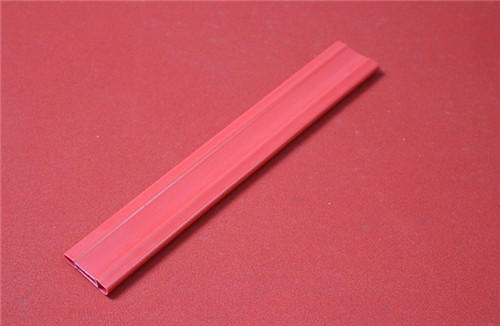
Phone Number :
07 06, 2023

The shipbuilding industry relies heavily on various hoses for a multitude of applications. One of the most commonly used hoses is the PVC hose. PVC, or Polyvinyl Chloride, is a versatile and durable material that offers numerous benefits for shipbuilding. PVC hoses are widely utilized in different areas of ship construction, including plumbing, ventilation, fuel systems, and more.
PVC hoses have gained popularity in the shipbuilding industry due to their exceptional characteristics. Firstly, PVC hoses are resistant to corrosion, making them ideal for use in maritime environments. They can withstand exposure to saltwater, chemicals, and extreme temperatures, ensuring long-lasting performance in harsh conditions.
Secondly, PVC hoses are lightweight, making them easier to handle and maneuver during installation. This characteristic is particularly advantageous in shipbuilding, where the hoses need to be flexible and adaptable to fit various tight spaces and corners. The lightweight nature of PVC hoses also contributes to fuel efficiency for ships.
Additionally, PVC hoses have high flexibility and elasticity. They can be bent and twisted without losing their structural integrity, allowing for easy routing around obstacles. This flexibility ensures that the hoses can be installed in complex ship layouts, providing efficient fluid transfer throughout the vessel.
Recognizing the critical role that PVC hoses play in shipbuilding, several standards have been implemented to ensure their quality and performance. One important standard is the ISO 7840:2018, which sets requirements for fire-resistant hoses for marine fuel systems. Compliance with this standard ensures the safety of fuel-related operations on ships.
Another relevant standard is the ISO 8099:2014, which specifies requirements for hoses for marine sanitation systems. These hoses must be resistant to odor permeation, abrasion, and the effects of marine sanitation chemicals. Compliance with this standard prevents leaks and contamination in ship sanitation systems.
Furthermore, the International Maritime Organization (IMO) has set regulations regarding the fire resistance of materials used in ship construction, including hoses. These regulations aim to enhance the safety of ships and prevent the spread of fire through hoses and other materials.
In conclusion, PVC hoses have become an integral part of the shipbuilding industry due to their exceptional properties. Their corrosion resistance, lightweight nature, and flexibility make them ideal for various applications within ship construction. Additionally, the existence of related standards ensures that PVC hoses meet stringent requirements in terms of safety and performance. As the shipbuilding industry continues to evolve, the use of PVC hoses will remain widespread, contributing to the efficiency and reliability of ships.